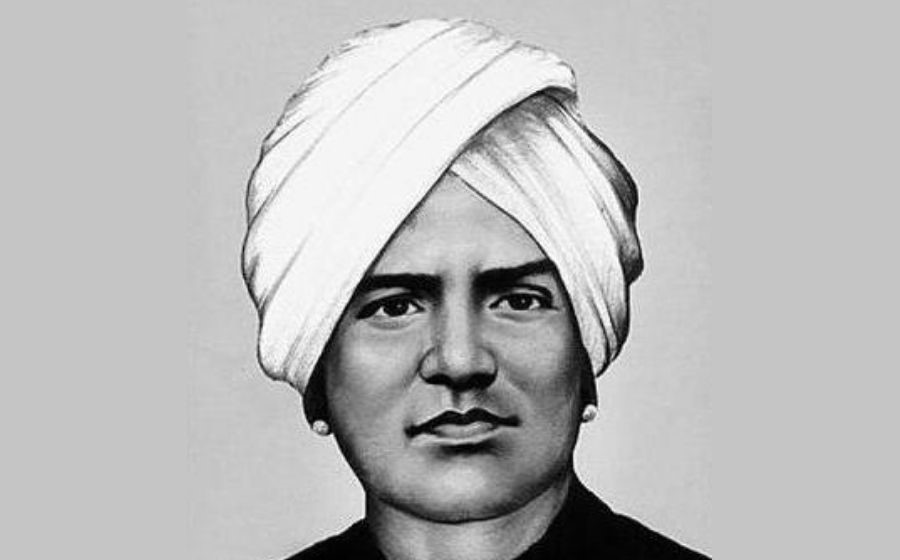Free Courses Sale ends Soon, Get It Now


Free Courses Sale ends Soon, Get It Now



Disclaimer: Copyright infringement not intended.
Context
Details
Early Life and Background
Social and Reform Activities
Contributions and Ideologies
Conclusion
Iyothee Thass Pandithar's relentless efforts in advocating for the rights and dignity of the Dalit community, along with his intellectual contributions and social activism, have left an indelible mark on India's history of social reform. His tireless endeavors towards the empowerment and emancipation of the oppressed continue to resonate in the ongoing struggle for equality and justice.
|
PRACTICE QUESTION Q. Discuss the socio-religious reforms in South India during the late 19th and early 20th centuries. Examine the contributions of prominent reformers and movements towards challenging social norms, caste discrimination, and advocating for societal change. How did these reform movements impact the socio-cultural landscape of South India? (250 Words) |
© 2024 iasgyan. All right reserved